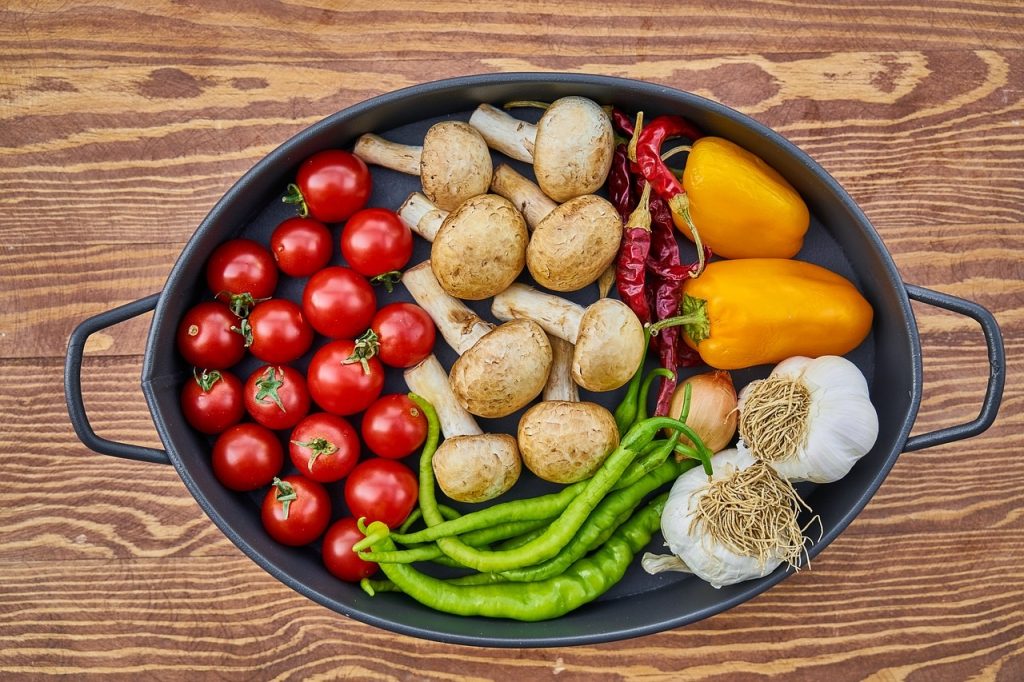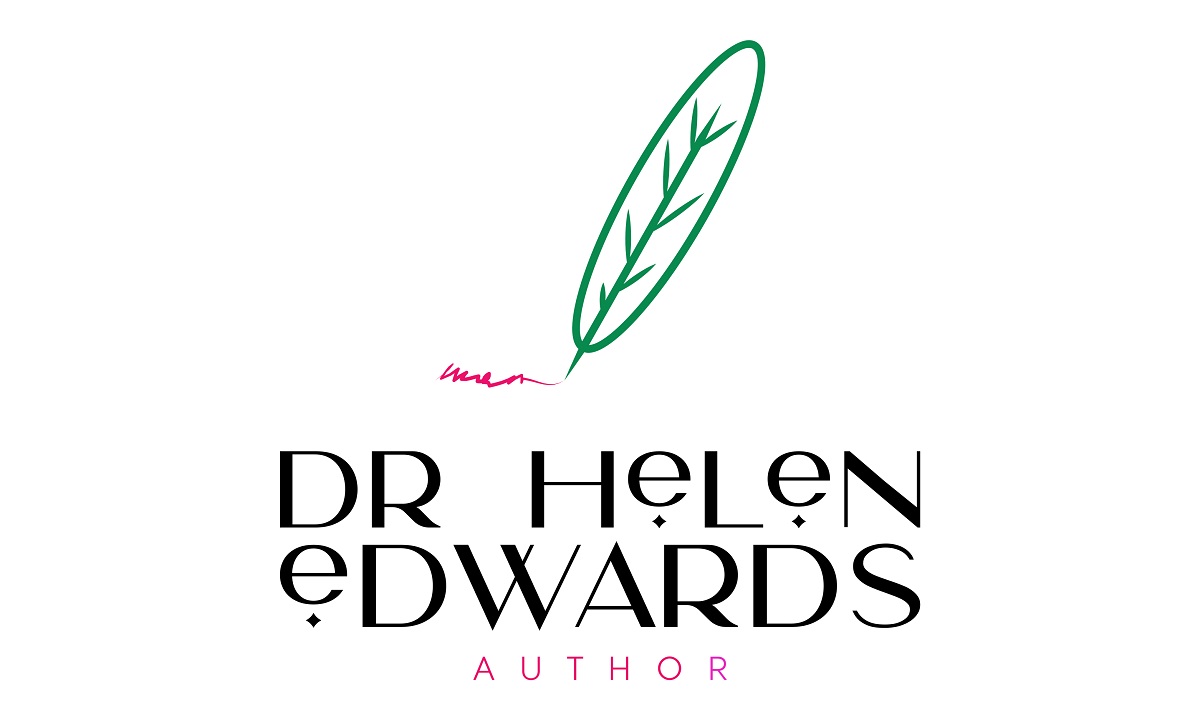Recycled Interiors Podcast 012: Flourishing & Food

Today we are taking a healthy people focus on the podcast, talking with Sally Marchini from Marchini Nutrition. Sally is someone who is very dear to me as she has been a dietitian with my online diabetes counselling service for many years, and we both live with type 1 diabetes. Marchini Nutrition is the ‘go-to’ place for dietetic advice on diabetes and coeliac disease from an Accredited Practising Dietitian who is personally experienced in living with both. Sally helps clients face-to-face, by Skype and by email with personalised consultations for diabetes, coeliac disease, IBS (including the low-FODMAP diet and the Royal Prince Alfred Hospital allergy clinic chemical elimination diet) and women’s health.
Enjoy the episode and if you do please take a moment to leave us a review on iTunes which helps get the podcast out there! You can also subscribe here
Things you will want to remember from the show
Michael Pollan – eat real food, mostly plants, not too much!
- May oversimplify things but is the essence of what we need to be well
- When you look at a packet, how many ingredients are there and do you recognise those ingredients?
- Not all food is handed to us a fresh item, we need some processing such as in bread or yoghurt
- When looking at packaged foods always read the ingredients – the ingredient that there is most of will come first, this is the best place to start. Numbers on a nutritional panel don’t mean anything unless you know what you are looking for
- Look out for added sugars and poor quality fats, salt and preservatives
- The World Health Organisation says that we should aim for less than 10% of our daily calories to come from added sugar – therefore it is not about not having sugar, but it needs to be a small proportion – ideally 5%
- The sugars on a nutritional panel are not just the added sugars, may also include refined starches, sugars in fruit, or dairy – it is misleading. The states have now added sugars, which is far more meaningful
- There are loads of types of sugars! Not all are an issue and the intrinsic ones built into foods rather than added ones, eg fruit sugar – are not the same
- There is more and more evidence that if you can aim to eat the foods that break down slowly to glucose in your blood stream rather than quickly – ie the low GI foods – then it gives you a steady stream of energy and is better for your overall health, fat burning, metabolism, energy levels etc
- The Australian Dietary Guidelines – eatforhealth.org.au is a great resource – download the healthy eating for adults brochure – lists the 5 food groups and how much you should aim for to have the vitamins and minerals to be well. Also shows standard serves. You can also get a copy sent to you for free – keep it on the pantry and refer to it regularly to see where you can improve your nutrition
- If you are concerned about any aspect of your diet and for example can not eat dairy – talk with a qualified dietitian, who can help you look at alternatives. It is not about foods in particular, but about the nutrition that foods provide, and that you need to function at an optimal level
- Nuts have been added recently – a handful a day
- If you are not getting the right nutrition then you are risking inflammation in your body – things like smoking, lack of activity, over eating, lack of nutrition – all increase your inflammation in your body and risks of chronic disease
- Restricted eating such as in a fad diet, may cut out certain nutrients, but the goals are usually the same – to be well
- If you are eating a particular food too much, are dealing with mental health issues or habitual eating, then there may be deeper issues that could be worked on with a dietitian or counsellor
- If you really want to eat something you should eat it, but consider whether it means you are not getting the nutrition you need because of it
- When you are tired, or stressed, or low on energy or bored – you may turn for fatty, salty, sweet foods – but this is not a lasting thing. Eating low GI carbs and lots of vitamins and minerals, will prevent slumps in energy in the first place and be much better for you
- Gluten is a protein that is found in wheat, barley, oats and rye – it is called a different name in each of those grains but we know it as gluten. These grains contain a lot more than the protein gluten. People who have coeliac disease need to be gluten free as it is a medical condition
- The wheat containing products that people don’t eat for gluten reasons, are often the ones that would be bad for you in any case, and you would feel better not eating them – eg sausage rolls and cakes! So it is not the gluten but the cutting out of the crap foods!
- Gluten free products are often made with poor quality carbs, saturated fats and sugar – there is no health benefit to them at all! Be very aware of that.
- Be aware that if you eat a certain way, eg gluten free or paleo – it may be useful to have an appointment with a dietitian to get the facts and guidance
- It is important to include both healthy eating and exercise
- FODMAPS – fermentable carbohydrates. They pass the small intestine and make it into the large intestine and ferment and cause tummy issues (trust me I know!)
- If you have IBS this is a great starting point as these types of carbohydrates can be in foods you would never even consider have carbohydrates in them
- If you feel you have IBS it is best to go through this with an Accredited Practising Dietitian to systematically work out what your tolerance levels are in particular food groups to know where you can and can not manage particular foods. Once you have established this, you need to constantly challenge your tolerance levels to see at what point you will get symptoms
The 6 Master Levers of Destiny are:
1) Feet = we need to exercise regularly
2) Fork = Eat real food, mostly plants, not too much
3) Fingers = stop smoking!
4) Sleep = get plenty!
5) Stress = avoid/minimise/address it
6) Love = social interaction
People who address these Master Levers are more likely to be happy, live a long life and die peacefully in their sleep at a ripe old age.
Dr Katz makes the point that all ‘diets’ really have the same goal so we should really work together and forget the detail of the diet, just eat real food to be well.
The only two strong points on diet he makes are
1) Avoid saturated fats and replace with mono-unsaturated and omega-3 fats, and
2) Drink Water
Follow and join the at truehealthinitiative.org to help change cultures to eat real food, mostly plants, not too much (in the words of Michael Pollan).
Links
Healthy Eating For Adults
Sally Marchini Nutrition
Eat For Health
Sally’s gluten free group on Facebook
True Health Initiative
Please take a moment to leave us a review on iTunes which helps get the podcast out there! You can also subscribe here and here on Stitcher
Helen xx


Well i love it! ,3
Well i love it!
pleasure to have you!
I really enjoyed our chat! Wishing we could chat more often! x
If you do have a chance to listen to this great interview, please help Helen Edwards by writing a comment under the podcast about your thoughts following your listen. What a great interviewer she is, and it was amazing how seamlessly we covered so many nutrition topics in just half an hour! Thanks! 😀
Sally Marchini me too x
me toooooo!